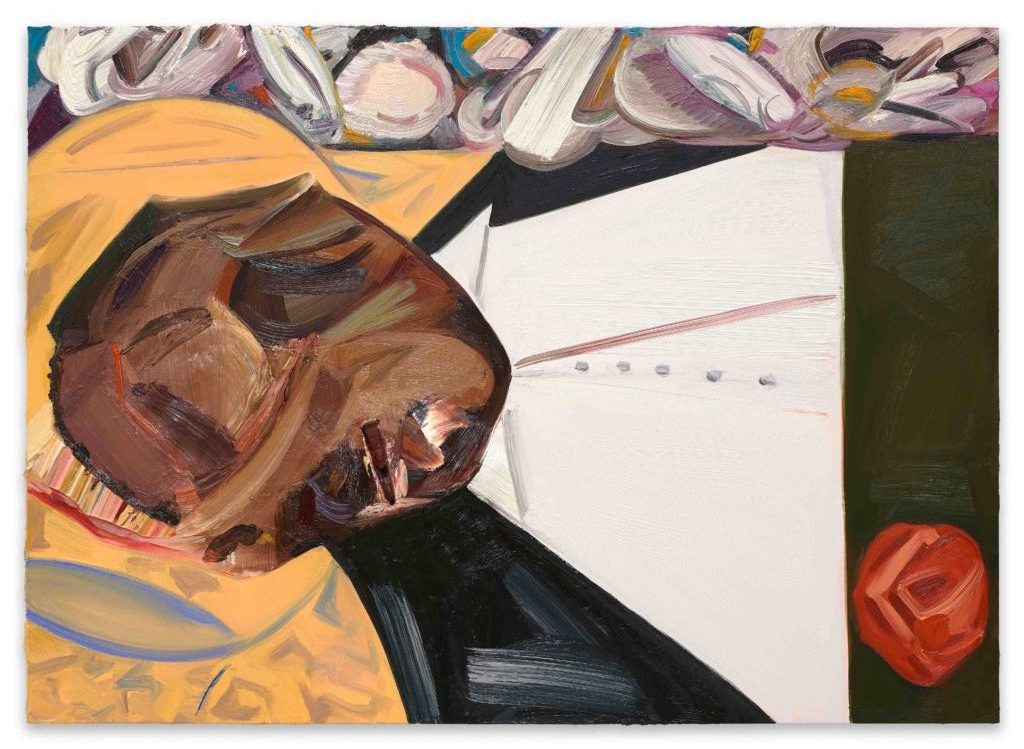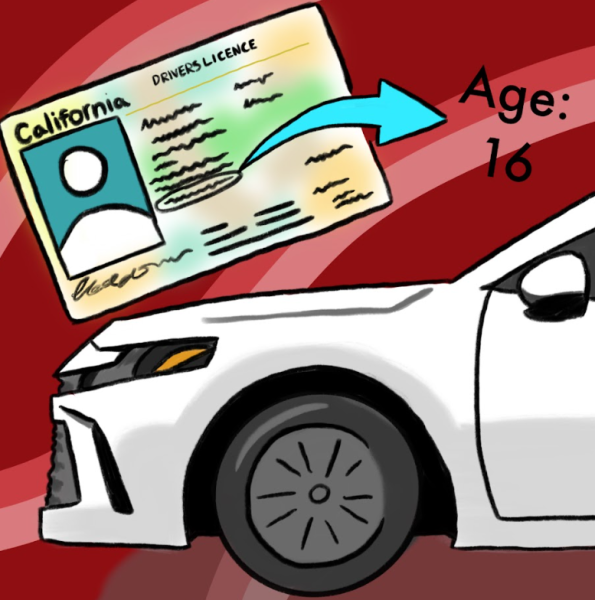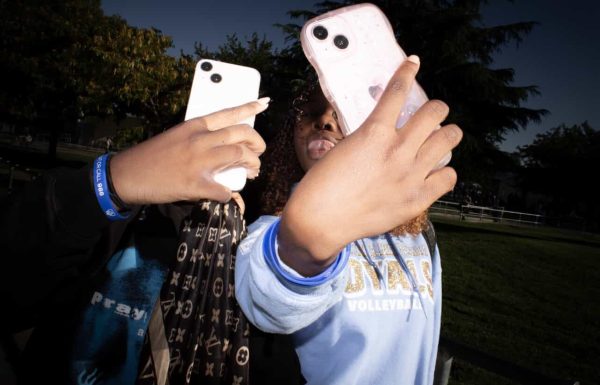Is Cultural Appropriation an Issue?
Cultural appropriation has been the topic of endless heated debates, especially in America. The meaning behind the term has been warped by the ignorance of numerous Americans who have never been on the receiving end of the one-sided blade of cultural appropriation. With many citizens taking a strong position on the topic, those who aren’t part of the disputes have been left wondering: what is defined as cultural appropriation, and can it be considered as a real issue?
In the words of the Oxford Living Dictionaries, cultural appropriation is “the unacknowledged or inappropriate adoption of the customs, practices, ideas, etc. of one people or society by members of another and typically more dominant people or society.”
Some speculators deny the fact that cultural appropriation exists and in the case that they accept its existence, they claim that it is not an issue and that it is simply the blending of cultures to make people of different races and backgrounds more united. These types of claims and ideas are often made by the aforementioned ignorant and privileged Americans. Those who can fathom the true nature of cultural appropriation understand that it is a glaring issue, and its sensitive and offensive nature make it absolutely unacceptable in modern society. Cultural appropriation only demonstrates the arrogant, narrow-minded, prejudiced, and socially-uneducated nature of the perpetrators.
As it happens, culture cannot be bound within strict borders and one-dimensional definitions. However, some situations demonstrate cases of obviously distasteful uses of the culture of people who have been racistly deemed as an “inferior” society.
In the Whitney Museum of American Art’s 2017 Whitney Biennial event, a painting called Open Casket by Dana Schutz became controversial. The female Caucasian artist’s painting depicted the maimed body of Emmett Till, a 14 year old black boy who was falsely accused of flirting with a white woman and was lynched in 1955. The black artist community was outraged by the fact that Dana Schutz was profiting from the suffering of an African American child. His death was caused by the false accusations of a white woman, and his death was benefitting yet another white woman. African American protesters informed Schutz that she was using black death and torture as a spectacle, and a group of these protesters stood in front of the painting nearly the whole time that it was on display in the Whitney Museum. Schutz’s appropriation of African American culture was offensive and unacceptable, and the protesters were justified in their anger at her piece and its underlying message of white privilege and black suffering.
Furthermore, cultural appropriation has affected Americans’ views even before such a wide range of citizens was aware of the issue. One of the most prominent examples of cultural thievery that many have heard of and fewer understand is the so-called “king of rock and roll,” Elvis Presley.
According to K. Tempest Bradford of the National Public Radio, “Before he [Elvis] even came along, systematic oppression and segregation in America meant black musicians didn’t have access to the same opportunities for mainstream exposure, income, or success as white ones.”
Elvis Presley and other rock and roll artists of the time were obviously influenced by black culture, but the lack of exposure and abundance of racist listeners caused the black pioneers of rock and roll to be hidden away as Elvis Presley became the face of their genre. Unfortunately, he is seen by numerous ignorant citizens as the icon of rock and roll, the inventor, and the legend. Elvis caused the whole genre to be perceived as a form of art “perfected” by whites and accessible only to them, which is completely false, and it is unjust that the African Americans who introduced the genre were given no credit for their art.
Cultural appropriation is a real issue, and it is offensive when those who have been perceived as, or still perceive themselves as, a superior race or culture use elements of the culture that was seen, or is currently seen, as “inferior” without showing the proper respect for the custom and its people.
As Aubrey Drake Graham, a successful African American musician specializing in rhythmic poetry (rap) has said, “We just want the credit where it’s due.”

I’m Ola Elmahdi, a young, less than energetic editor of the Ubiquity. My favorite article from the Ubiquity is probably “Modesty: Not Always a Virtue”...








